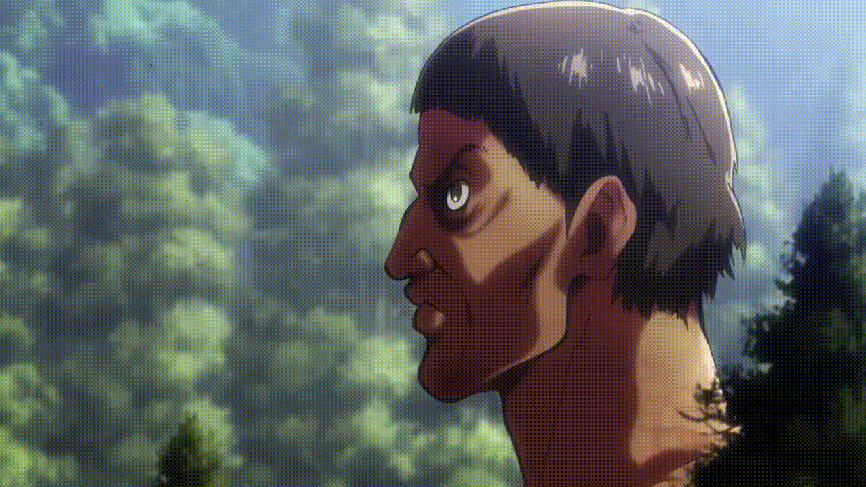There are numerous ways in order to increase the depth and memorability of characters. Easy to find are a suite of common tips for improvement, such as fallibility and clear motivation. Or, imperfect characters who aren’t meandering. (Still rules are meant to be broken from time to time). Such things are indispensable mantras for forming one’s base for philosophies on fiction, still I often find, and this isn’t for all, but comedy is a powerful instrument for fleshing out characters.

Given different genera won’t necessaeily lend itself to comedy, even still, toying with characters in the author’s head through comedic and other lighter scenarios will help to strengthen the creator’s understanding of their characters.
I’m not special, and so I can be assured that others have at one point or another taken their characters too seriously, pedestalized their heroes to altitudes that perfects and thus dulls their persona. People are flawed, blunder, conflict and jest. Comedic works tend to flesh out characters in ways serious media don’t do due to the ill-fit between genera. Comedy is not required to flesh out characters of course, but I find it, if anything, is a great meditative tool.









You must be logged in to post a comment.